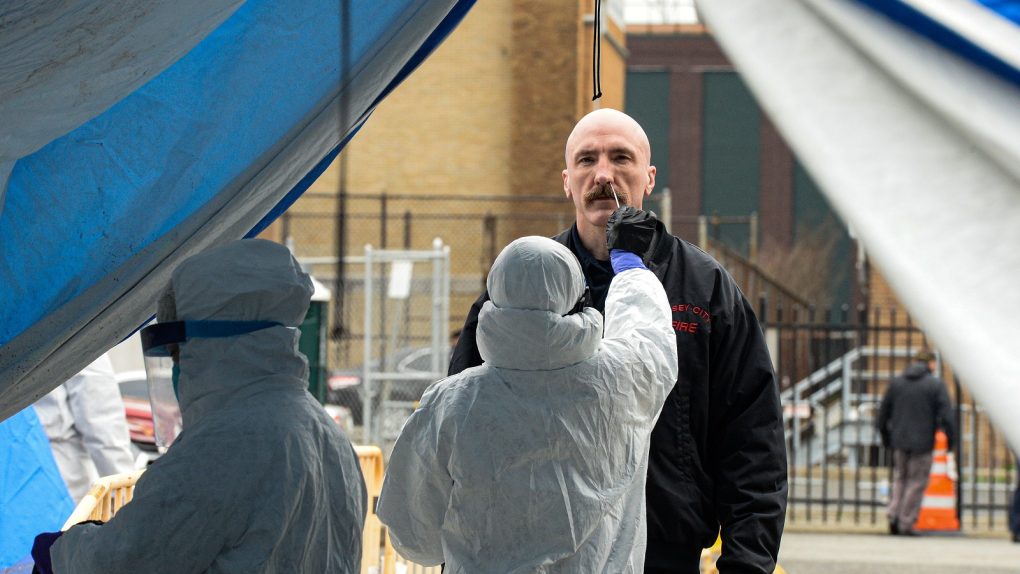- Coronavirus tests are supposed to be free, but some insurers are finding loopholes in the system or ignoring the laws altogether to charge patients for getting tested.
- The Families First Coronavirus Response Act and CARES Act both set up rules concerning doctor visits for COVID-19 testing, but some people are still unexpectedly being charged hundreds or even thousands of dollars when their insurers find ways not to cover their claims.
Before we knew much of anything about the novel coronavirus, we knew that it was vital to set up an effective testing apparatus that would allow us to detect positive cases of COVID-19 as quickly as possible, trace all of the contacts of the infected, and isolate everyone before they could spread the virus any further.
In order to accomplish this as efficiently as possible, limiting the barriers to entry was a key component, which is why Americans were told that getting a diagnostic test or an antibody test would be simple and free. Congress even went so far as to pass laws requiring insurers to pay for coronavirus tests, but some people have found out the hard way that not everyone is playing by the rules, as a chilling New York Times report reveals.
Having reviewed dozens of bills that were sent to the newspaper, The New York Times has found that people from all over the US are being charged fees they didn’t expect and are having claims denied by insurers after getting COVID-19 tests they were led to believe would be free. Some of these charges might be illegal based on laws that Congress passed to make tests easily accessible to everyone, while others are the result of insurers “interpreting gray areas in these new rules in ways that work in their favor,” and asking patients to foot the bill.
“If a claim is submitted with the proper coding to demonstrate that a test was given to diagnose Covid-19, or that a service was delivered to treat Covid-19, generally the claims for those tests and services are being covered at no cost to the patient,” Kristine Grow, spokeswoman for America’s Health Insurance Plans, explained to The New York Times when asked about these unexpected, predatory, and possibly illegal charges.
In the Families First Coronavirus Response Act, insurers were told not to charge copayments or apply deductibles to tests. In the CARES Act, passed just a few weeks later, Congress created new rules for how insurers should handle out-of-network tests, informing them that these would need to be covered at no cost as well.
Unfortunately, the rules are being broken regularly, as The New York Times report reveals. A woman from Maryland was charged a $50 copay after being tested at an urgent care center (which is something I’ve personally experienced as well in New York City). A mother in California was charged a $49 “after hours” fee after taking her daughter to get a test one evening. Ms. Goldstone from Massachusetts got tested after she began experiencing mild COVID symptoms, and while her insurer paid for the $160 test, she was still on the hook for the $250 doctor visit.
The most startingly story in the New York Times report focuses on Ms. Daisley, a resident of Brooklyn that took both a diagnostic test and an antibody test in August. She logged into her health insurance portal to find four claims for her visit: one for each test, one for the doctor visit, and one for tests she didn’t even know were being ordered. The visit and the diagnostic test were covered, but the other two claims weren’t, which added up to a $2,718 bill, all of which she was expected to cover out-of-pocket. When the Times inquired about Daisley’s situation, her insurer, Anthem, changed its mind and decided to cover the charges.








